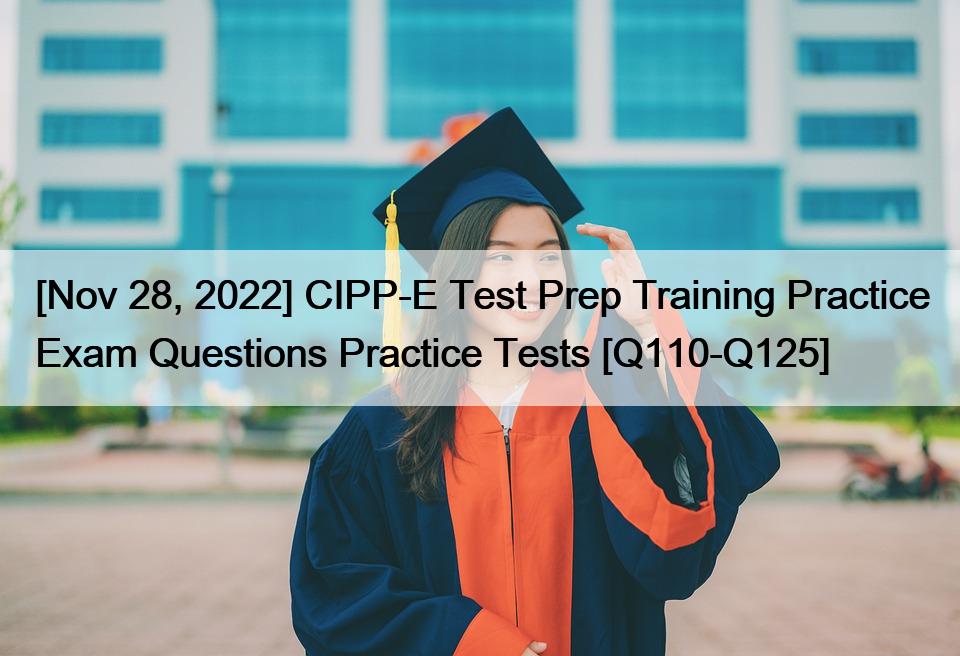NEW QUESTION 118
SCENARIO
Please use the following to answer the next question:
Anna and Frank both work at Granchester University. Anna is a lawyer responsible for data protection, while Frank is a lecturer in the engineering department. The University maintains a number of types of records:
* Student records, including names, student numbers, home addresses, pre-university information, university attendance and performance records, details of special educational needs and financial information.
* Staff records, including autobiographical materials (such as curricula, professional contact files, student evaluations and other relevant teaching files).
* Alumni records, including birthplaces, years of birth, dates of matriculation and conferrals of degrees.
These records are available to former students after registering through Granchester’s Alumni portal.
* Department for Education records, showing how certain demographic groups (such as first-generation students) could be expected, on average, to progress. These records do not contain names or identification numbers.
* Under their security policy, the University encrypts all of its personal data records in transit and at rest.
In order to improve his teaching, Frank wants to investigate how his engineering students perform in relational to Department for Education expectations. He has attended one of Anna’s data protection training courses and knows that he should use no more personal data than necessary to accomplish his goal. He creates a program that will only export some student data: previous schools attended, grades originally obtained, grades currently obtained and first time university attended. He wants to keep the records at the individual student level.
Mindful of Anna’s training, Frank runs the student numbers through an algorithm to transform them into different reference numbers. He uses the same algorithm on each occasion so that he can update each record over time.
One of Anna’s tasks is to complete the record of processing activities, as required by the GDPR. After receiving her email reminder, as required by the GDPR. After receiving her email reminder, Frank informs Anna about his performance database.
Ann explains to Frank that, as well as minimizing personal data, the University has to check that this new use of existing data is permissible. She also suspects that, under the GDPR, a risk analysis may have to be carried out before the data processing can take place. Anna arranges to discuss this further with Frank after she has done some additional research.
Frank wants to be able to work on his analysis in his spare time, so he transfers it to his home laptop (which is not encrypted). Unfortunately, when Frank takes the laptop into the University he loses it on the train. Frank has to see Anna that day to discuss compatible processing. He knows that he needs to report security incidents, so he decides to tell Anna about his lost laptop at the same time.
Which of the University’s records does Anna NOT have to include in her record of processing activities?
![]()


Recent Comments